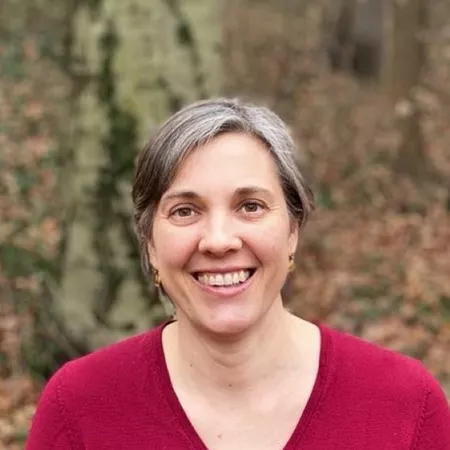The majority of the world's population lives in an urban ecosystem, which is one of the few ecosystem types currently expanding world-wide. Despite their prevalence and importance, relatively little theory exists regarding plant community processes in cultivated urban environments. To address this knowledge gap, first I investigated plant diversity of cultivated areas (city trees, residential yards, and community gardens) in Los Angeles to draw generalities of plants diversity in managed areas. Overall, urbanization increases plant diversity, and exotic cultivated plants account for the majority of vegetation. Next, I developed a framework for community assembly in cities that includes uniquely urban processes such as the role of plant nurseries and manager preferences and actions. Lastly, I tested this framework to understand patterns of city tree diversity in Salt Lake City. In Salt Lake City, resident preferences strongly correlate with traits of the urban forest and neighborhoods have distinct tree communities. Also, income is a strong driver of private tree diversity, which is possibly driven by nursery choice and associated tree cost. Overall, in semi-arid cities where lush vegetation and trees were not a natural feature of the pre-urban landscape, residents and their preferences are an important driver of biodiversity patterns.
Presenters
Meghan Avolio
Dr. Meghan Avolio is currently an Assistant Professor in the Department of Earth and Planetary Sciences at Johns Hopkins University. Working in both grasslands and cities, she studies how plant communities are impacted by novel environmental conditions and how species adapt to them. She works primarily at Konza Prairie Long-Term Ecological Research Program (LTER) in Kansas and in Baltimore, Maryland, as part of the Baltimore Ecosystem Study LTER. Meghan is obsessed with the best ways to measure how community composition changes over space and time, and she is currently fascinated by the...
Meghan Avolio
Dr. Meghan Avolio is currently an Assistant Professor in the Department of Earth and Planetary Sciences at Johns Hopkins University. Working in both grasslands and cities, she studies how plant communities are impacted by novel environmental conditions and how species adapt to them. She works primarily at Konza Prairie Long-Term Ecological Research Program (LTER) in Kansas and in Baltimore, Maryland, as part of the Baltimore Ecosystem Study LTER. Meghan is obsessed with the best ways to measure how community composition changes over space and time, and she is currently fascinated by the evolution of weedy plants in cities. After receiving her BA in Biology from Barnard College in 2002, Meghan proceeded to earn her master’s degree in Biology from Fordham University in 2006. While there, she examined the effects of nitrogen deposition on mycorrhizal fungi; the Fulbright Program awarded her a fellowship to continue this research in Germany. In 2012, Meghan received her PhD from Yale University. Her dissertation explored the adaptability of the dominant tallgrass species Andropogon gerardii to increased precipitation variability. After earning her PhD, she was a Research Assistant Professor at the University of Utah, where she investigated plant community assembly in cultivated urban ecosystems. In 2015, SESYNC awarded her a LTER postdoctoral fellowship, where she developed community change measures based on species rank abundance curves and synthesized data from 100+ worldwide global change experiments. Throughout her career, Meghan has taken an interdisciplinary approach to ecological questions that interest her. The Ecological Society of America named her an Early Career Fellow in 2020.
External Links:
https://avoliolab.weebly.com/
https://scholar.google.com/citations?user=dCQhpUIAAAAJ&hl=en
